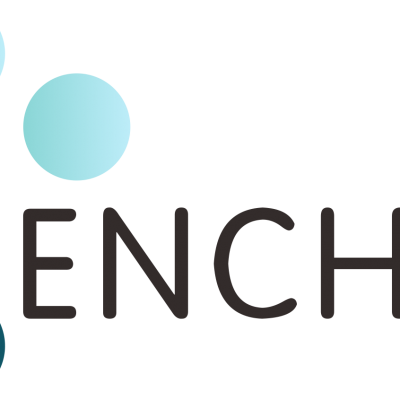Home > Company News > Cleaning and Descaling Solution of Evaporator and Crystallizer
Company News

Evaporators play a crucial role in various industrial processes, such as food processing, chemical manufacturing, and wastewater treatment. However, the buildup of scale on evaporator surfaces poses a significant operational challenge, leading to decreased heat transfer efficiency, increased energy consumption, and potential equipment failure, especially in case of wastewater evaporator, which due to the high-content of salt generally.
Scale Formation MechanismsBefore understanding various methods of descaling, it is crucial to understand the mechanisms behind scale formation in evaporators. Because high-salinity wastewater contains a large amount of impurity salts, which form crystal nuclei on the heating surface of the heat exchange tubes through continuous evaporation and concentration. Common scale-forming substances include calcium carbonate, calcium sulfate, magnesium hydroxide, and various silicates.
Cleaning and Descaling MethodsIn response to the scaling issue in high-salinity wastewater evaporators, based on years of practical experience, several structural cleaning methods have been summarized as follows:
1 Water-Soluble Cleaning:
Water-soluble cleaning involves soaking and rinsing evaporator surfaces with copious amounts of clean water to dissolve and remove soluble scale deposits. While relatively simple and cost-effective, this method is most effective for addressing water-soluble scales such as sodium sulfate and sodium carbonate.
2 Chemical Cleaning:
Chemical cleaning methods encompass a range of techniques utilizing acidic, alkaline, or specialty cleaning agents to dissolve or chelate scale deposits.
Acid cleaning involves the use of acids such as sulfuric acid, hydrochloric acid, or citric acid to dissolve mineral deposits. Alkaline-acid cleaning combines alkaline solutions to convert insoluble scales into soluble compounds, followed by acid treatment to remove them. Specialized agents like EDTA are effective in chelating calcium and magnesium ions, facilitating their removal.
Chemical cleaning methods offer targeted removal of specific scale types and are often preferred for their efficiency and versatility.
3 Mechanical Descaling:
Mechanical descaling involves physical removal of scale deposits through manual scraping, brushing, or high-pressure water jetting. This method is often used in conjunction with chemical cleaning to achieve thorough scale removal and restore evaporator performance.
ConclusionCleaning is essential for maintaining operational efficiency and prolonging equipment lifespan in industrial processes. Various cleaning methods, including water-soluble cleaning, chemical cleaning, and mechanical descaling, offer effective solutions for addressing scale accumulation. If you have any related questions, please feel free to inquire with our company.
-
Laboratory Chemical Automatic Lifting Vacuum Rotary Evaporator
-
Digital Temperature Control Laboratory Rotary Evaporator Kit Set
-
Lab Distilling Machine Automatic Lifting Small Rotary Evaporator
-
Rotovap Extractor Distillation Vacuum Laboratory Rotary Evaporator
-
Ammonium Chloride Evaporation & Crystallization Project Completed with DMF Distillation
-
China Factory essential oil extractor essential oil distiller
-
Genyond essential oil distiller essential oil extraction supercritical extractor
-
GENYOND distillation rose essential oil extracting machine extraction maker equipment
-
CHINA Factory steam distiller for lavender essential oil extraction with logo
-
10% cut off essential aromatic oils distiller prices
-
Professional solar distiller Factory price
-
High quality steam vacuum distiller for sale
-
Professional essential oil still Factory price
-
Factory Directly sandalwood essential oil distiller original and new
-
High quality vapor compression distiller for sale
-
Factory Directly essential oil steam distillation apparatus Original and New
-
High quality short path distillation equipment for sale
-
High oil yield frankincense essential extract machine Original and New
-
Factory directly essential oil steam distillation gas machinery Original and New
-
Factory directly steam essential oil distiller unit for
-
Factory directly honey extraction machine with manufacturer
-
High oil yield herbs ethanol alcohol extractor equipment extraction filtering concentration machine for essential essence
-
Factory directly plants essential oil distiller on sale Original and New
-
Factory directly thyme essential oil distillation equipment price



